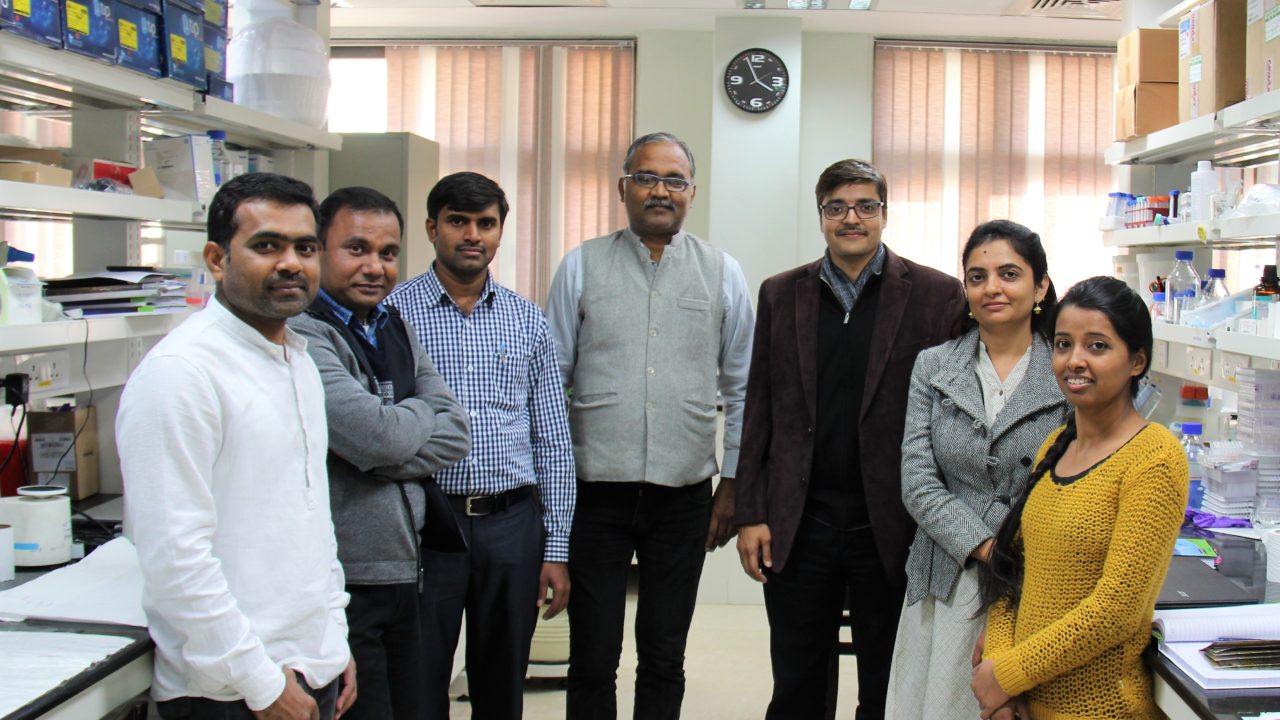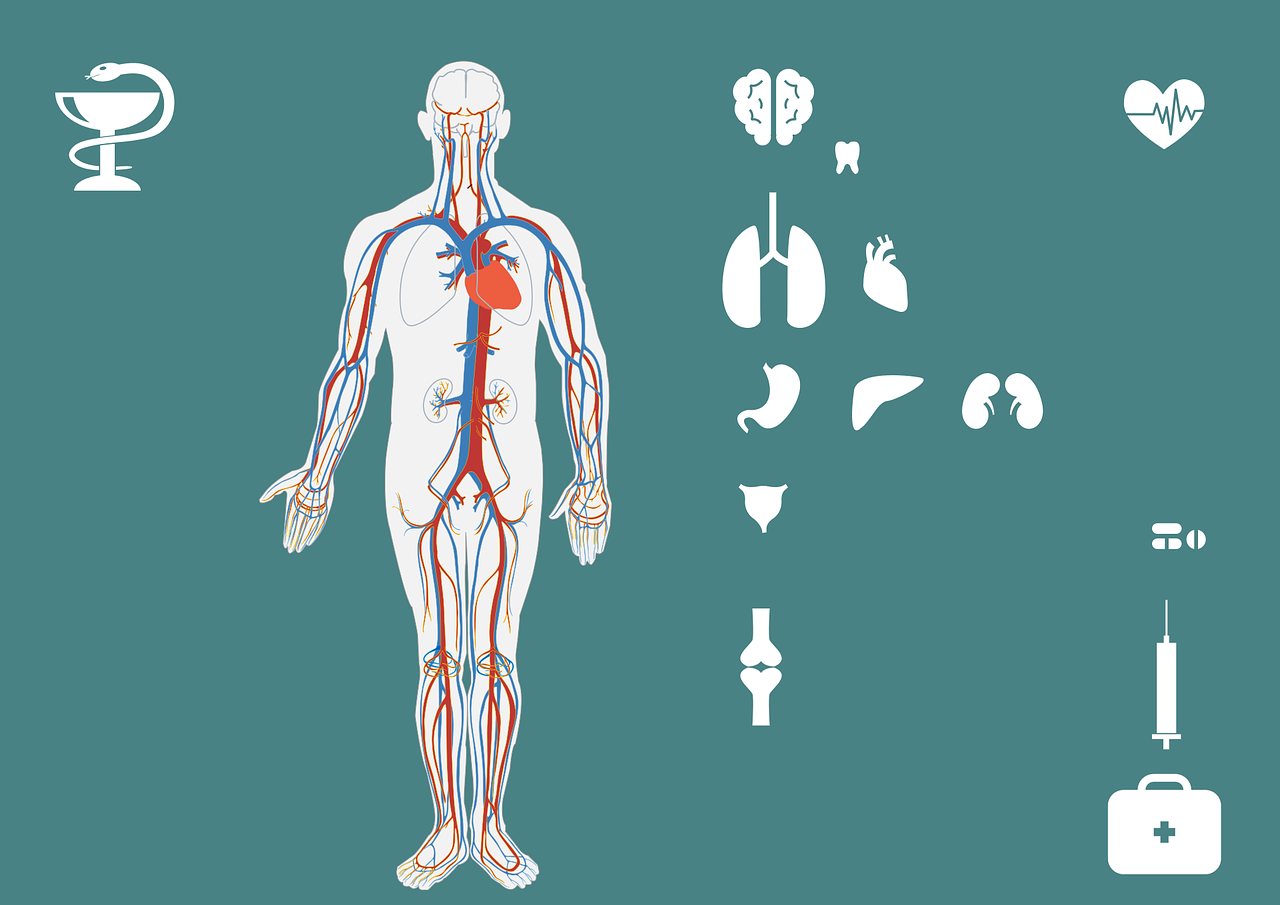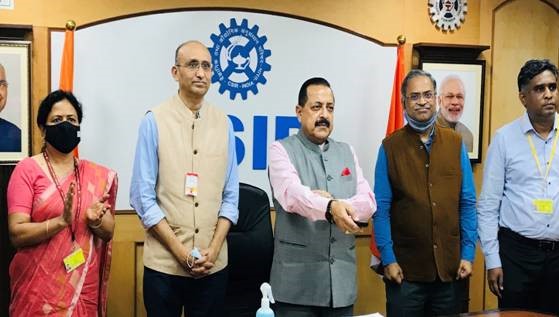
New Technology May Help Engineer Natural Proteins in Human Body
- News
- 1.9K
Any machine is an assembly of multiple well-designed and organized components. Their smooth handling requires an understanding of the architecture and toolbox to tune the functions. Likewise, proteins are one of the most important components of the human body or bio-machines. If we can learn how to engineer proteins with high precision, it could provide a tremendous boost to precision therapeutics.
Now Dr. Vishal Rai’s team at Indian Institute of Science Education and Research Bhopal- provides the first modular platform for precision engineering of native proteins. The study was published in the Journal of the American Chemical Society.
“Initially, our reagent delivers a reversible intermolecular reaction that places the “chemical linchpins” globally on all the accessible Lys amino acid residues. These linchpins can drive precise covalent labeling of proteins. The linchpin detaches within physiological conditions and provides unique reactivity for the installation of a probe of interest,” said Dr. Vishal Rai.
“The technology would provide researchers to install a reporter in a protein for a better understanding of the biological systems. Also, it will help in the development of next-generation protein-based drugs,” he added.
Researchers say this methodology could label even a single protein in a mixture of proteins without altering their structures. The team could successfully label myoglobin, cytochrome C, aldolase, and lysozyme C without changing their enzymatic activity. Interestingly, labeling of insulin did not alter cellular uptake and its downstream signaling process.
This study is promising and linchpin directed modification (LDM) may provide a route for the conjugation of a fluorophore and drug to the antibody for targeted treatments. The study will have a long-term implication on protein-based therapeutics as it enables the regulation of their design.
Besides Vishal Rai research team included Srinivasa Rao Adusumalli, Dattatraya Gautam Rawale, Usha Singh, Prabhanshu Tripathi, Rajesh Paul, Neetu Kalra, Ram Kumar Mishra, Sanjeev Shukla. This interdisciplinary study was supported by the Science and Engineering Research Board (SERB).
If you liked this article, then please subscribe to our YouTube Channel for the latest Science & Tech news. You can also find us on Twitter & Facebook.


